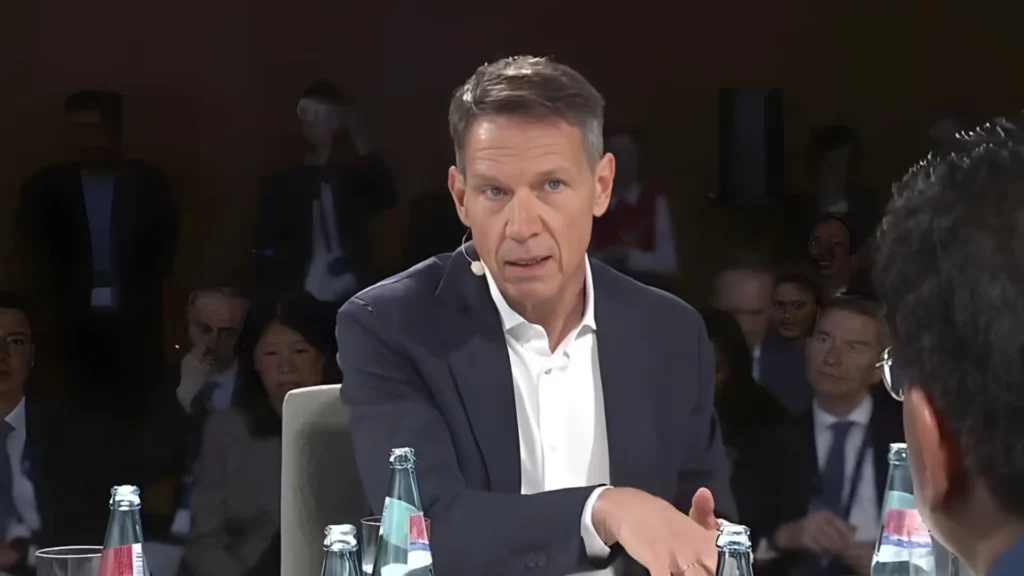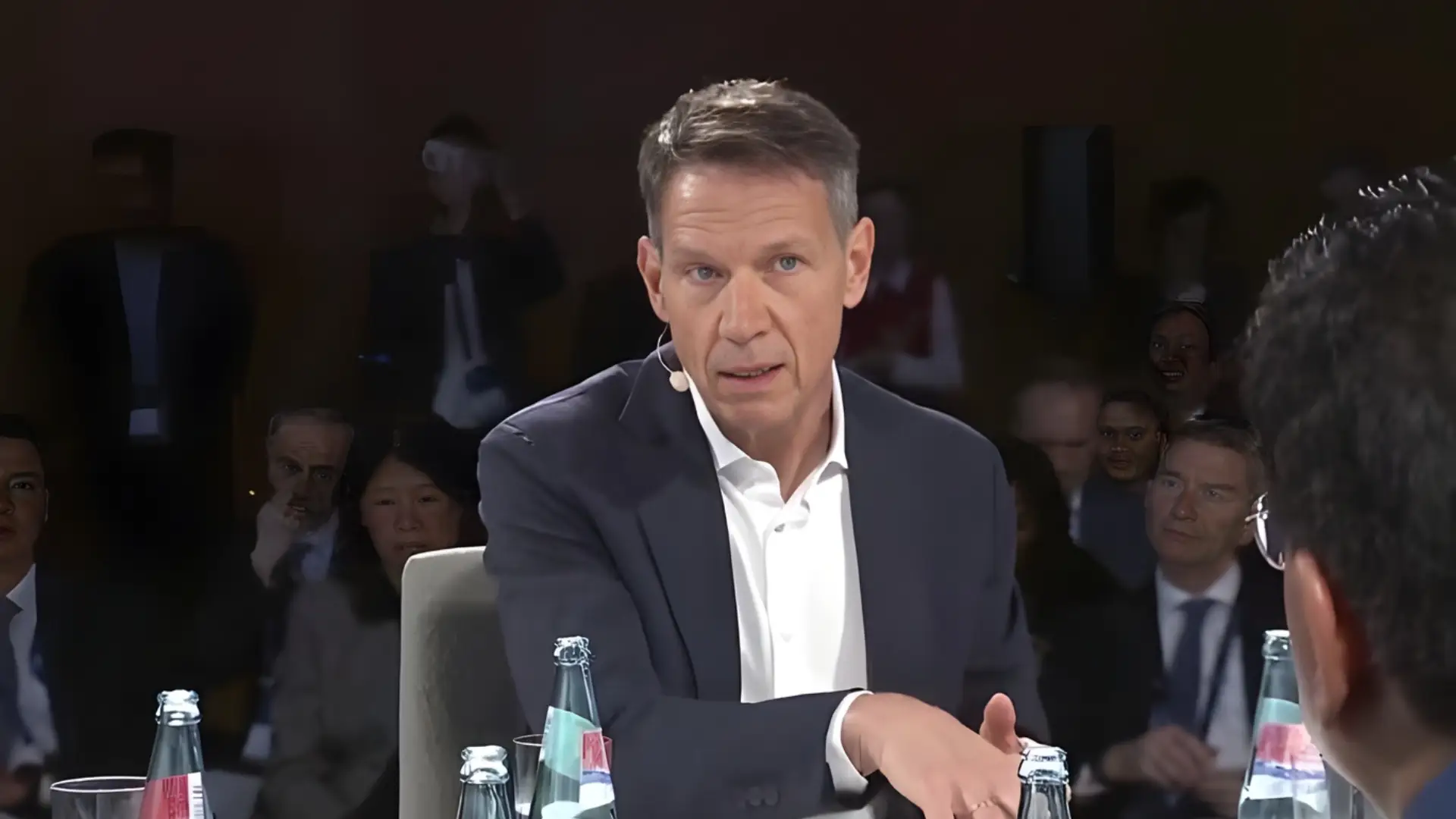At the Berlin Global Dialogue on October 24, the Chairman of Airbus, Rene Obermann, underscored India’s advanced engineering and technological strengths, highlighting substantial prospects for increased European collaboration. He characterized India as a “strategic, long-term partner” for the aerospace titan.
Obermann, during a panel discussion entitled ‘Growing Together: Trade and Alliances in a Changing World’ with India’s Commerce and Industry Minister Piyush Goyal, noted his recent week-long visit to India. He conveyed being “completely blown away by the level of engineering and quality excellence there”.
Instead of simply aiming for cost reductions, the Airbus chairman stressed that their engagements with Indian entities are centered around amplifying value. Obermann told the assembly, “The part of the discussion was not just how can you make things cheaper for us but how can we make things better, by leveraging the capabilities of Indian technologies and the tech talent there.”
These remarks surface as Airbus broadens its footprint in India, procuring over $1.4 billion worth of components and services annually. The firm is setting up final assembly lines for H125 helicopters in Karnataka and C295 military aircraft in Gujarat, collaborating with Tata Advanced Systems Ltd.
The aerospace sector’s upward trajectory in India has garnered considerable interest, evidenced by global firms augmenting their sourcing from the country. Boeing currently procures over $1 billion in components each year from India, a leap from $250 million a decade prior, while Airbus intends to elevate its procurement to $2 billion by 2030.
With Indian carriers IndiGo and Air India having jointly commissioned over 1,000 Airbus jets, the Indian market’s strategic significance to the European manufacturer is unmistakable.
Also Read: Why India’s Smartwatch Market Is Struggling and Why Only Premium Brands Are Winning?










